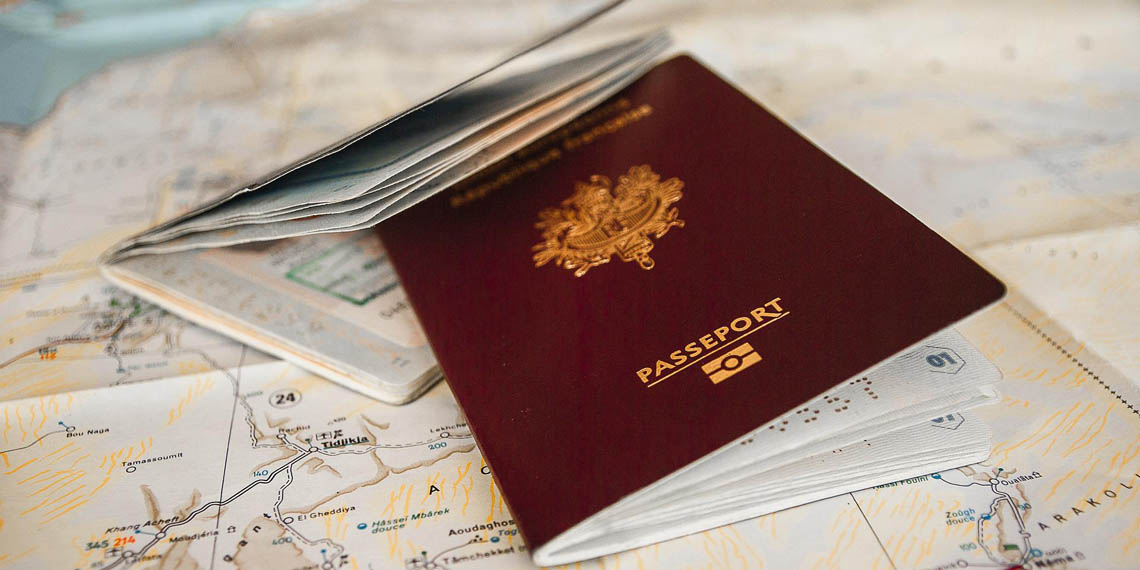“European values are not for sale.” This was the statement issued by European Commission President Ursula von der Leyen in her first state of the union speech in September 2020, directly referencing schemes in different member states that sell citizenship and residency to individuals that make significant investments in the domestic economy of member states. The European Commission conducted a report in 2019 into these schemes, finding that they represent a significant threat to security, as well as creating channels through which money laundering, tax evasion and wider corruption can occur. This is particularly a security risk because citizenship by investment or CBI schemes in member states grant privileged individuals with nationality, which is the only condition for granting EU citizenship, thus giving them access to the freedoms of the European Union, such as free movement, the internal market and voting and political representation rights.
These schemes have been a point of contention between the EU institutions and member states, and their risk was revealed in the case of the ‘Cyprus Papers’, Cypriot government documents leaked by Al-Jazeera’s Investigative Unit, showing damning evidence that for an investment of two million euro or more an individual could acquire citizenship of the country, and that individuals with criminal records as well as ‘politically exposed persons’, especially those with links to the Kremlin, had been granted citizenship through this means. Furthermore, 12 member states have also operated residence by investment or RBI schemes as of March 2022, which equally pose a threat to security as a residence permit of any EU country allows an individual to travel freely within the Schengen Zone. According to the European Parliament, over the ten-year period from 2011 to 2019, over 132,000 people have secured citizenship or residency permits through these schemes in different member states, equivalent to a total investment inflow of €21.4 billion.
While combatting and regulating CBI and RBI have been on the EU agenda since 2014, coinciding with the Russian annexation of Crimea, and the EU Commission has taken a hard-line stance against member states such as Malta and Cyprus through infringement procedures since the end of 2020, the recent Russian attack on Ukraine has sped up the urgency which this issue is being dealt with. Prompted by a draft legislative initiative from the Parliament in February, the Commission has urged member states to immediately appeal CBI schemes and has pressed for strong checks with regards RBI. More specifically, the Commission has highlighted that Russian and Belarusian nationals who are currently subjected to EU sanctions may have already obtained citizenship through this means and member states should act accordingly to assess whether citizenship should be withdrawn from such individuals. Member states should also ensure a complete halt on the issuance of investor residence permits to Russians and Belarusians, as well as closely monitoring privileged individuals of other nationalities who support Putin’s war. Many member states have acted in solidarity with the Commission’s message by immediately suspending their schemes, however, other member states have proven more difficult to budge. For this reason, the EU has threatened further legal action in the Court of Justice of the European Union in the case of Malta if it does not respond to the demands for suspension within two months.
Therefore, it is evident that the Commission has taken a firm stance on CBI and RBI schemes in member states, especially within the context of mounting Russian aggression in Ukraine, however, it is important to reflect on what this means for the EU’s global image and what remains to be done in the future to ensure cohesion on European core values.
Has the EU had its guard down?
Until very recently, this seems to have been the case with regards transnational corruption. This is because historically the EU has focused more on corruption within its borders, and while this is a very important challenge, the fact that this issue area has been categorised as a ‘euro-crime’ and a threat to security, more attention is needed on the external link of corruption within the European legal framework as it is within this realm that the corrupt practices of CBI and RBI have operated. Because citizenship is the pinnacle of EU core values, and that the EU aims to project these values of democracy and rule of law through the Common Foreign and Security Policy or CFSP, the issue of golden passports and visas which has allowed for mediation with corrupt external actors strikes to the very core of the EU’s geopolitical role and image. While the goals of the 2016 EU Global Strategy are marked by a scaling back of the transformative capacities of EU foreign policy in consolidating democracy worldwide, in light of recent developments in Ukraine, subsequent crackdown on CBI and RBI schemes and a renewed interest in further eastern enlargement, the EU should become more proactive in its balance of values and interests. This can be done through continued action on controlling golden passport and visa schemes, a long-term assessment of corruption and citizenship framework and their remedying with the goals of the CFSP. The EU, and particularly the Commission, should continue its action on the banning of CBI schemes and close regulation of RBI to protect the essence of EU citizenship from dilution by an interplay of self-interested internal and external forces. Moving forward and in the long term, a distinct yet interrelated external dimension should be given to the already robust EU anti-corruption framework. The recently established Strategic Compass provides an opportunity for closer cooperation in the Trans-Atlantic partnership on intelligence sharing and the monitoring of Russian and Belarusian individuals who have already acquired citizenship through this means, with effective linking to sanctions. Overall, the war in Ukraine should be taken as an opportunity, for lack of a better word, for the EU to reaffirm its geopolitical role. The issue of golden passports and visas is one such avenue through which this can be done, all while ensuring harmonisation among member states and providing internal security.
Image: A European passport on a map. Photo: jackmac34.



